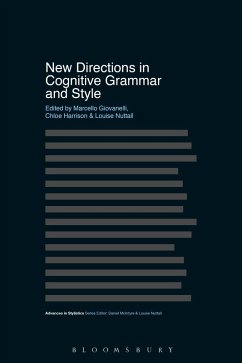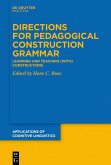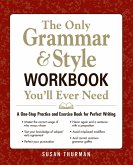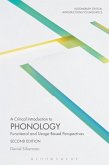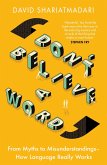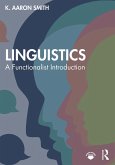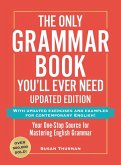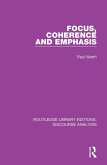In recent years, the Cognitive Grammar account of language and mind has become an influential framework for the study of textual meaning and interpretation. This book is the first to bring together applications of Cognitive Grammar for a range of stylistic purposes, including the analysis of both literary and non-literary discourse.
Demonstrating the diverse range of uses for Cognitive Grammar, chapters apply this framework to diverse text-types including poetry, narrative fiction, comics, press reports, political discourse and music, as well as exploring its potential for the teaching of language and literature in a range of contexts. Combining cutting-edge research in cognitive, critical and pedagogical stylistics, New Directions in Cognitive Grammar and Style showcases the latest developments in this field and offers new insights into our experiences of literary and non-literary texts by drawing on current understandings of language and cognition.
Demonstrating the diverse range of uses for Cognitive Grammar, chapters apply this framework to diverse text-types including poetry, narrative fiction, comics, press reports, political discourse and music, as well as exploring its potential for the teaching of language and literature in a range of contexts. Combining cutting-edge research in cognitive, critical and pedagogical stylistics, New Directions in Cognitive Grammar and Style showcases the latest developments in this field and offers new insights into our experiences of literary and non-literary texts by drawing on current understandings of language and cognition.

